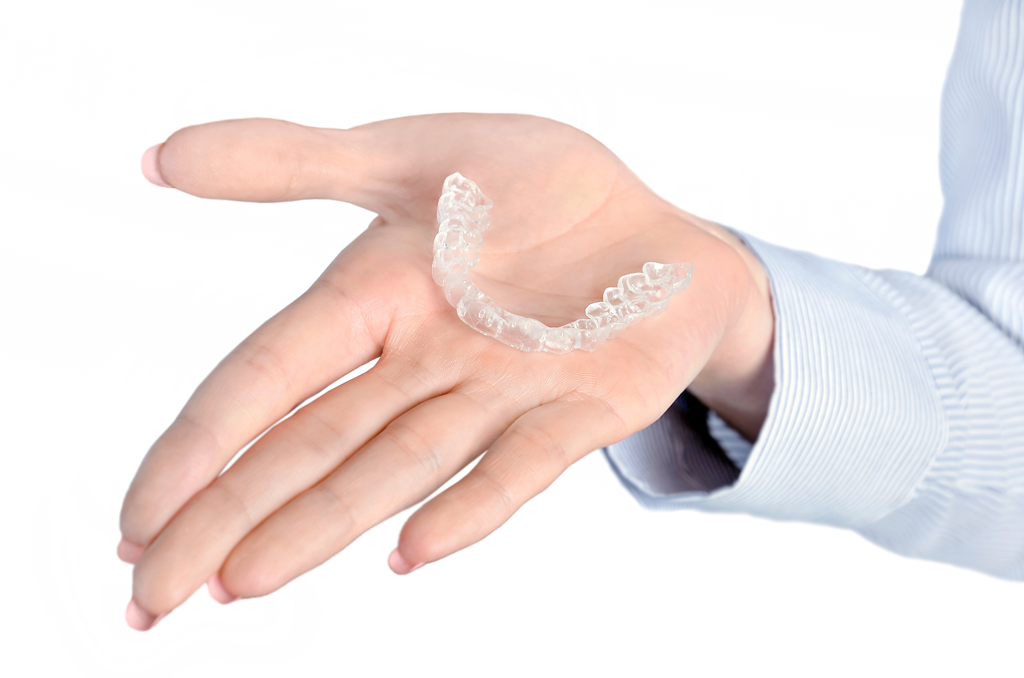TMJ Disorders
The joint and muscles where the lower jaw fits into the skull, providing you the ability to open and close your jaw – to talk, chew, and swallow – is called Temporomandibular Joint, or TMJ. In Dr. Kapner's initial dental examination he checks for signs of TMJ disorders.
Some common symptoms of a TMJ disorders include:
- Muscle tenderness
- Clicking or popping sound (some joint sound can be normal, but often it’s an indicator of TMJ trouble)
- Difficulty or pain when chewing or talking
- Difficulty opening your mouth wide
- Swelling around the joint
- A tired feeling in your jaw
- Difficulty swallowing
- Headaches (at back of the head, forehead, and sinus area)
- Ear pain or ringing
- Stiff or painful muscles in shoulders and neck
Symptoms can occur on just one side or both sides.
Some causes of TMJ disorders:
- Whiplash
- Arthritis
- Grinding or clenching of your teeth
- Any severe or prolonged stress on the joint
Disorders in this area can be quite painful and frustrating. The good news is, if you have a TMJ issue, Dr. Kapner has treatments available.
CUSTOM OCCLUSAL GUARDS
first step in trying to arrest TMJ disorders is the fabrication and use of an occlusal guard, commonly known as a night guard. At Michael Kapner, DDS, a family dentist in Norwalk, the process of making this common appliance starts with a set of impressions and a bite. These can then be sent to our lab, where specialized technicians will fabricate and return your custom appliance within a week. Night guards are extremely comfortable and durable, and typically lead to immediate relief of symptoms. More importantly, they arrest the damage being caused to your teeth.


